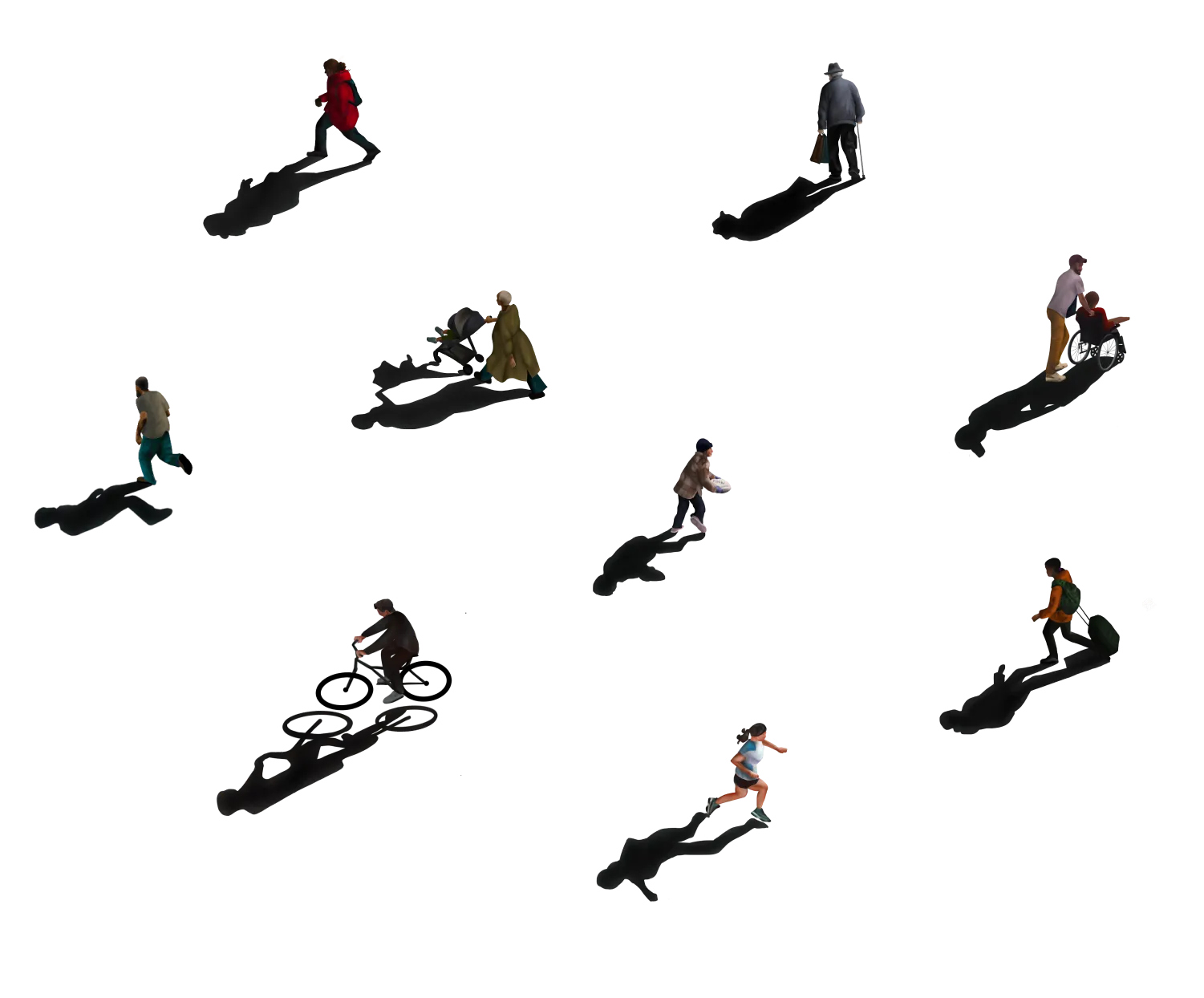We're All Still Hunter Gatherers: The role of anticipation and emotion in consumer behaviour

From hunter-gatherers foraging for food to modern consumers searching for products, human behaviour is driven by deep-rooted neural systems.
These same systems, designed for survival, guide our decisions today — often unconsciously. Whether we’re hunting for a new outfit or anticipating a holiday, the act of seeking often shapes our behaviour more than the final purchase. Understanding the interplay between emotion, context, and unconscious desires can unlock a deeper understanding of consumer psychology. Consumers are like hunter-gatherers…just in a different period of time. Rather than foraging for ripe berries, we forage for new jeans or rather than seeking shelter, we seek a real estate service. Our ability to explore this world allows us to search, find, and acquire resources. We have a neural network that’s designed to find everything from nuts to knowledge and understanding these systems can help us understand people in deeper and more meaningful ways. Ultimately, we all have needs and wants to satisfy our engagement with the world, but whether or not we’re involved in the decision-making is another question. Aesop wrote a story about the fox and the grapes and because the fox couldn’t reach the grapes, he said, “those are unripe”. What the fox didn’t know at the time was that his thinking was an outcome of his emotional response. In other words, him saying that the grapes were unripe, was a post-rationalisation and thus his attitudes towards the grapes stemmed from his behavior of being unable to reach them. What we all have in common with the fox, is that sometimes we think our decisions, choices and attitudes are independent of our unconscious.
I think this is the case for a couple reasons:
Firstly, it’s easy to assume we are in control of the choices we take: I consciously purchased that top. It was me who searched for it, found it, ordered it and wore it.
Secondly, the world is strange when we realise, we aren’t: I unconsciously purchased that top to acquire an evolutionary advantage: I wanted to gain status, attract recognition, stay relevant, increase my sex appeal and social desirability. I also wanted to signal I’m hygienic, competitive and competent, which are all the valued traits in my social arena.
When we lift the bonnet of our brain, it’s easy to question how much power we occupy over our own decision-making and thought processes. Especially when we consider that our intellect isn’t a source of its own motivation and is a product of our subcortical brain regions.
Let me give you an example of my dad, Tony, if he was put through a Gabor-Granger questionnaire and was asked if he’d pay £4.50 for a coffee, his rationality would be disgusted at the thought. Put Tony stuck in traffic on the M40 on a Monday and suddenly that £4.50 doesn’t seem so bad. Coffee is no longer the thought of a waste of money, but instead anticipates the relief from boredom and the monotony of a motorway.
Anticipation in a market context is fascinating, as it’s involved in all appetitive behaviours that precedes consumption and addictive desires. Which puts into question, is the affective experience of waiting, greater than acquiring? Is the process more engaging than the product? Is it about sitting on your new sofa or is it about finding it? Is it about being on holiday or is it about imagining it? Is it about your food arriving at a restaurant, or is it about waiting for it? Is it about laughing at a reel or is it about scrolling for it? And most importantly, is it about Tony drinking his coffee or was it about anticipating it? When we are the ones anticipating, we are rarely in control, even though anticipation is involved in all our decision making.
It’s impossible to understand the true individual independent of their emotion, desire and environment, which is why context is so important to consider when trying to understand consumer psychology and behaviour. This is important to keep in mind there are people behind the data, who are equally complex, contradictory and nonsensical as us all, who like fox and like Tony...believe they are rational creatures.
Sonder is a full-service agency with expertise in brand, audience and creative research.
Award-winning market research agency for actionable, human-centric insights

